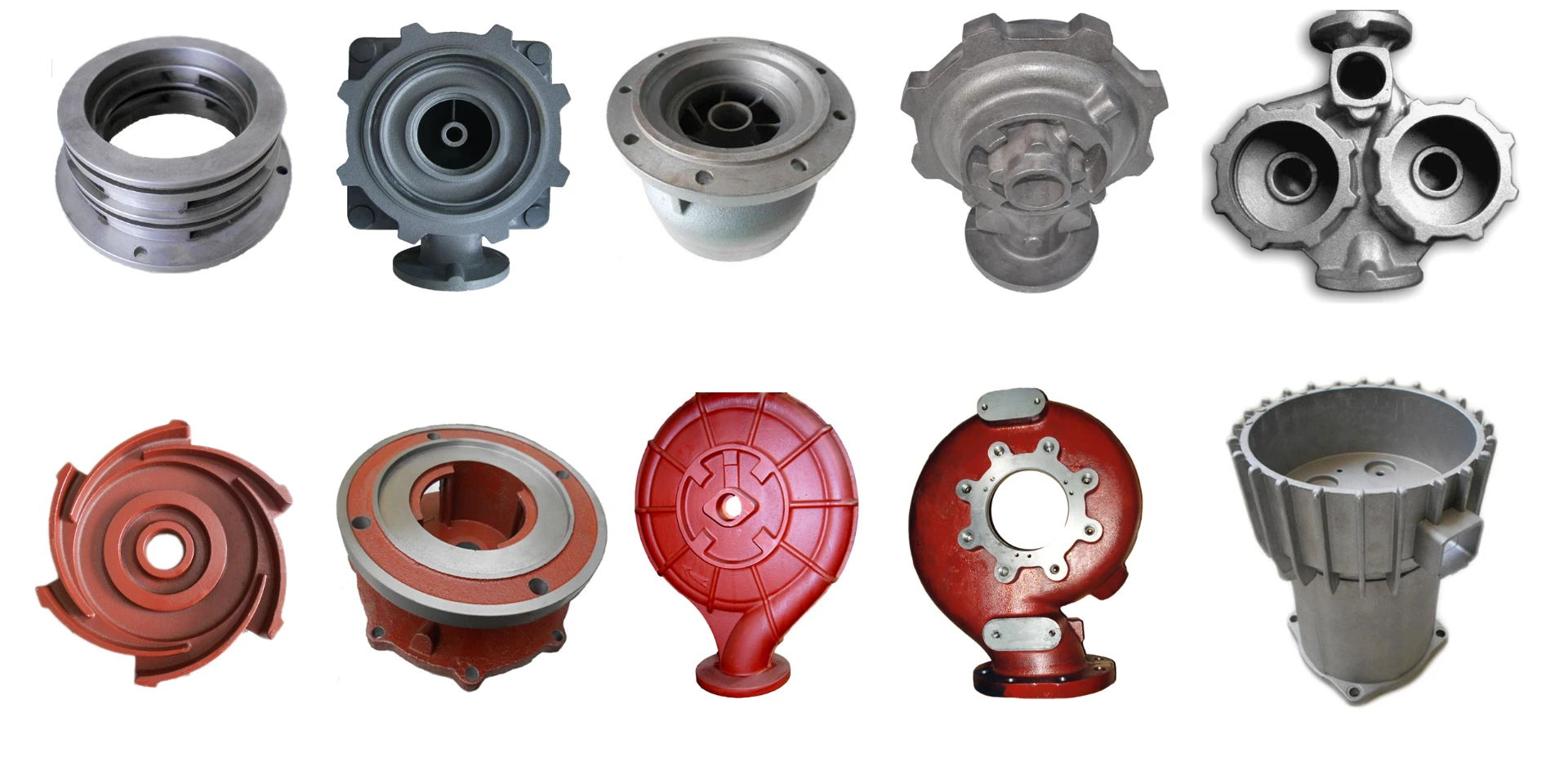Mobile:+86-311-808-126-83
Email:info@ydcastings.com
15mm cap
Understanding the 15mm Cap A Comprehensive Overview
In the diverse world of mechanical components and engineering, caps play a crucial role in ensuring functionality, safety, and performance. One specific type that has garnered attention is the 15mm cap. This article aims to provide a detailed understanding of the 15mm cap, exploring its applications, materials, and importance across various industries.
What is a 15mm Cap?
A 15mm cap is essentially a protective cover or closure designed to fit onto a 15mm diameter object, typically a pipe or container. Caps serve multiple purposes, including sealing, protection against contaminants, and facilitating the safe handling and storage of fluids or materials. The 15mm measurement is a standard size used across various applications, making this cap a commonly utilized component in engineering projects.
Applications of 15mm Caps
1. Piping Systems In plumbing and HVAC systems, 15mm caps are primarily used to close the ends of pipes. This ensures that the system is airtight and prevents leakage of fluids. Proper sealing is vital for maintaining pressure and preventing contamination.
2. Electrical Enclosures In the electrical industry, caps are used to protect wiring and connectors from environmental factors. A 15mm cap can effectively shield smaller connectors, ensuring that they remain free from dust, moisture, and mechanical damage.
3
. Medical Applications In the healthcare and medical device industries, 15mm caps are often used in conjunction with syringes and vials. These caps ensure that sterile environments are maintained, prevent the accidental spillage of hazardous materials, and facilitate safe storage.4. Automotive Industry Caps are also prevalent in automotive applications, such as in fuel systems and water coolant reservoirs. A 15mm cap may be used to seal off fuel lines or other critical components that require protection from external elements.
15mm cap

Materials Used for 15mm Caps
The choice of material for a 15mm cap is crucial, as it directly influences the cap's durability, resistance to chemicals, and overall performance. Common materials include
- Plastic Many 15mm caps are made from durable plastics such as polyethylene or polypropylene. These materials are lightweight, corrosion-resistant, and suitable for a wide range of temperatures.
- Metal In applications where strength and durability are essential, metal caps made from aluminum or stainless steel may be used. These caps provide superior protection and are often employed in high-pressure applications.
- Rubber For applications that require flexibility and a tight seal, rubber caps may be utilized. They offer excellent resistance to chemicals and can conform to irregular shapes, providing an effective barrier against leaks.
Importance of Quality
Ensuring the quality of a 15mm cap is paramount, as it affects the overall performance of the systems they are integrated into. Low-quality caps can lead to failures, leaks, and potential safety hazards. Therefore, industries often seek caps that meet specific regulatory standards, ensuring that they are fit for their intended applications.
Conclusion
The 15mm cap is a small yet vital component in a multitude of industries, ranging from plumbing to healthcare. Its primary functions of sealing and protection are essential for maintaining system integrity and safety. As industries continue to evolve, the demand for reliable and high-quality caps will likely increase. Thus, understanding the applications, materials, and importance of 15mm caps becomes crucial for engineers and manufacturers alike. Emphasizing the selection of appropriate materials and ensuring stringent quality checks can lead to improved performance and longevity of products in which these caps are used. Whether in everyday plumbing or specialized medical applications, the humble 15mm cap plays a significant role in the seamless operation of numerous systems.
-
Why Should You Invest in Superior Pump Castings for Your Equipment?NewsJun.09,2025
-
Unlock Performance Potential with Stainless Impellers and Aluminum End CapsNewsJun.09,2025
-
Revolutionize Your Machinery with Superior Cast Iron and Aluminum ComponentsNewsJun.09,2025
-
Revolutionize Fluid Dynamics with Premium Pump ComponentsNewsJun.09,2025
-
Optimizing Industrial Systems with Essential Valve ComponentsNewsJun.09,2025
-
Elevate Grid Efficiency with High-Precision Power CastingsNewsJun.09,2025











